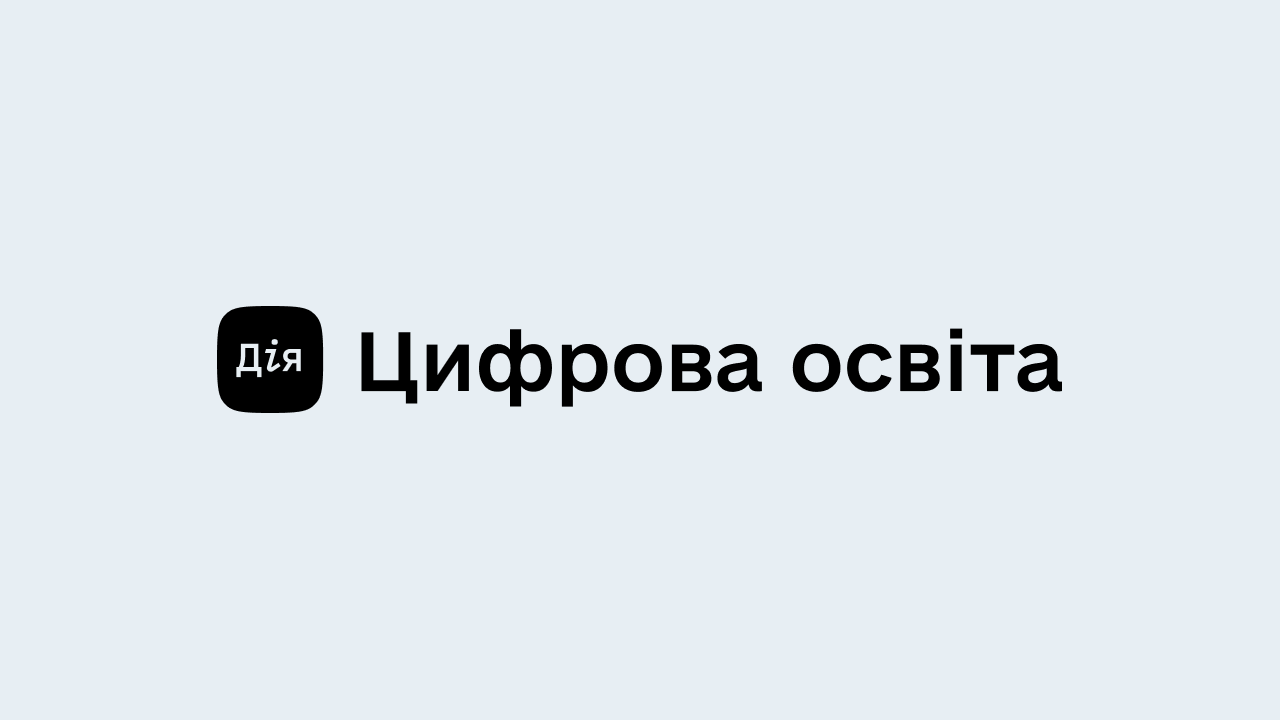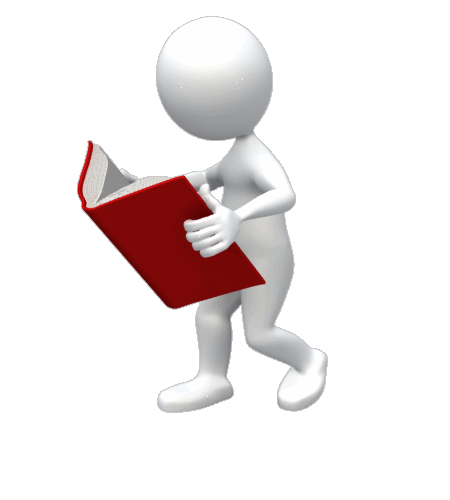
Dear! You can familiarize yourself with the content presented below on the pages of the E-BOOK distributed by calling: https://anyflip.com/xgrvu/dfbs/
Media literacy — a set of knowledge, skills and abilities that allow people to analyze, critically evaluate and create a variety of messages for different types of media. In addition, media literacy involves the ability to understand and analyze how the media function in society and what impact they have.
Being media literate means being able to find what we're looking for, choose what we need, and determine how reliable that information is. Being media literate means being able to make optimal use of relevant information, store it intelligently, and share it with others.
The mission of the modern library is to help readers learn to competently consume any message in the mass media and to be able to create their own media product.
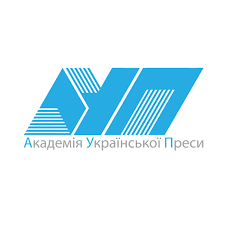
ACADEMY OF THE UKRAINIAN PRESS (https://www.aup.com.ua/)
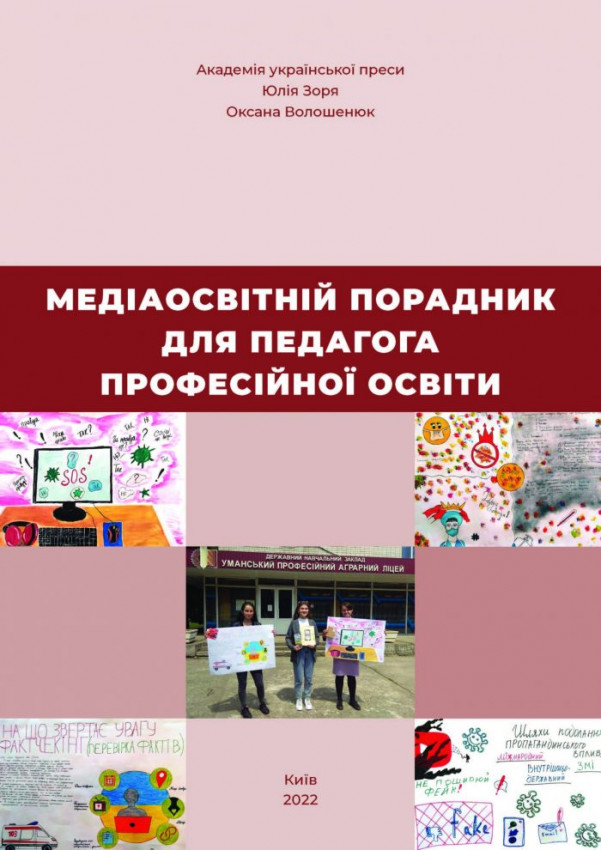
PUBLICATIONS OF THE ACADEMY OF THE UKRAINIAN PRESS: https://www.aup.com.ua/category/library/
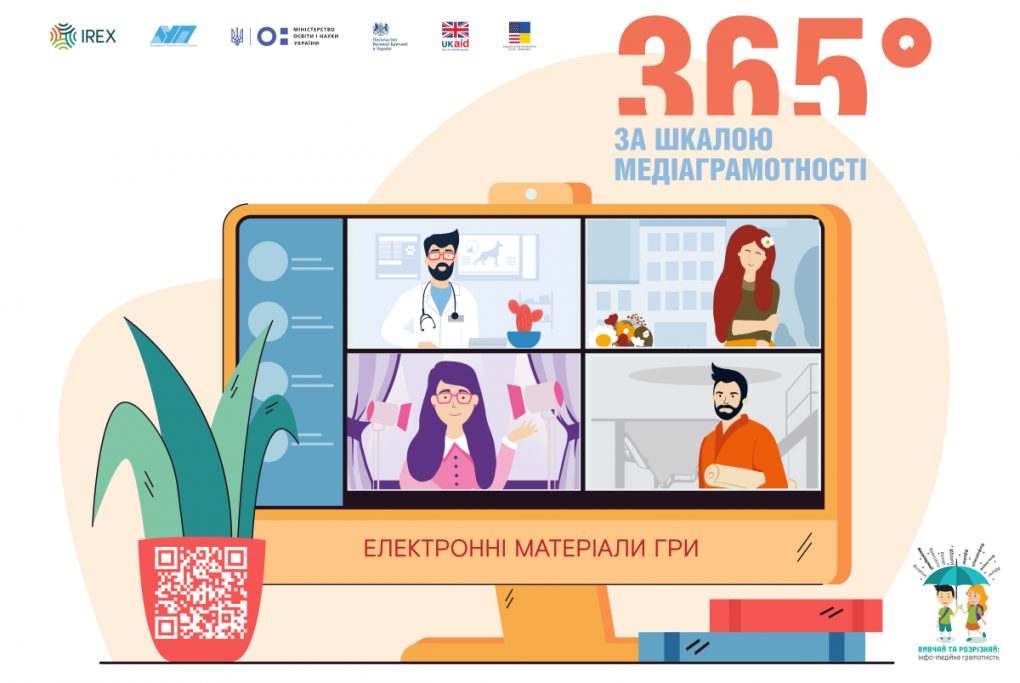
MEDIA EDUCATIONAL GAMES (AUP: https://www.aup.com.ua/365-game/#)

Media education (AUP: https://www.aup.com.ua/mediaosv/programa-mediagramotnosti/)
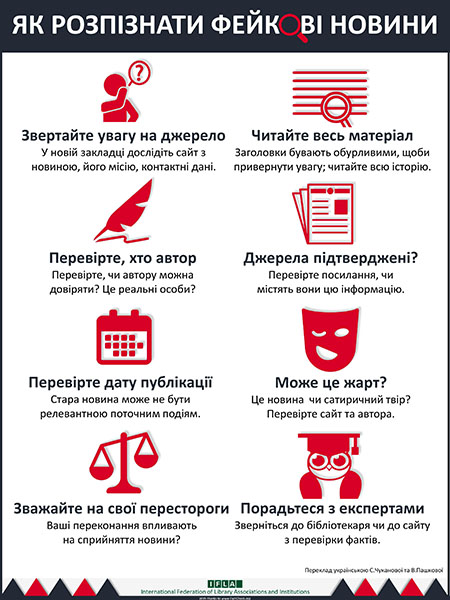
How to recognize fake newsand - an infographic by the International Federation of Library Associations and Institutions (IFLA) that will help you identify false information.

MediaSapiens - project to improve media literacy of media content consumers. Today, a powerful media educational project in Ukraine is "Media Sapiens". This project was launched in 2010 by "Telekritika" (now "Media Detector") to improve the audience's media literacy. The site's materials will help distinguish between quality and true information, detect manipulative attempts to influence public opinion and not succumb to them, learn about information rights and opportunities to use them. This portal is used by journalists, activists, representatives of television companies, print and electronic media and others who are interested in a critical view of coverage of events. On the portal you will find selections of books on media education, interesting media studies, announcements of media events, etc.

Media education and media literacy - a portal created on the basis of the online media education library of the International Charitable Foundation "Academy of the Ukrainian Press".

Media IQ - a project on the development of media literacy and critical thinking.
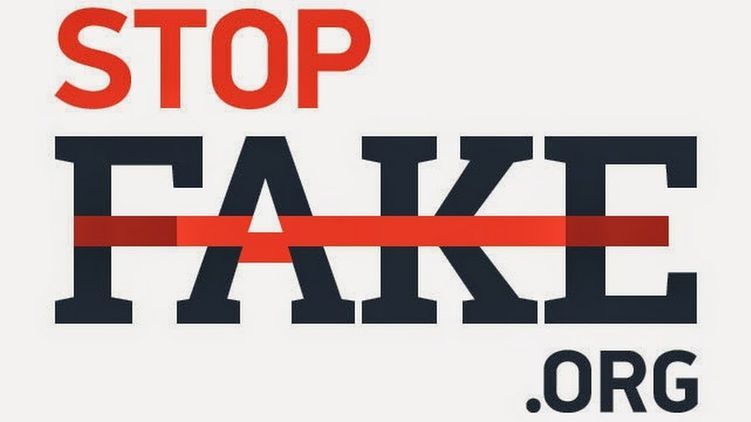
Stopfake.org - a fact-checking site, the main purpose of which is to verify the truth, information, increase media literacy of the audience and fight for a clear distinction between factual journalism and propaganda.
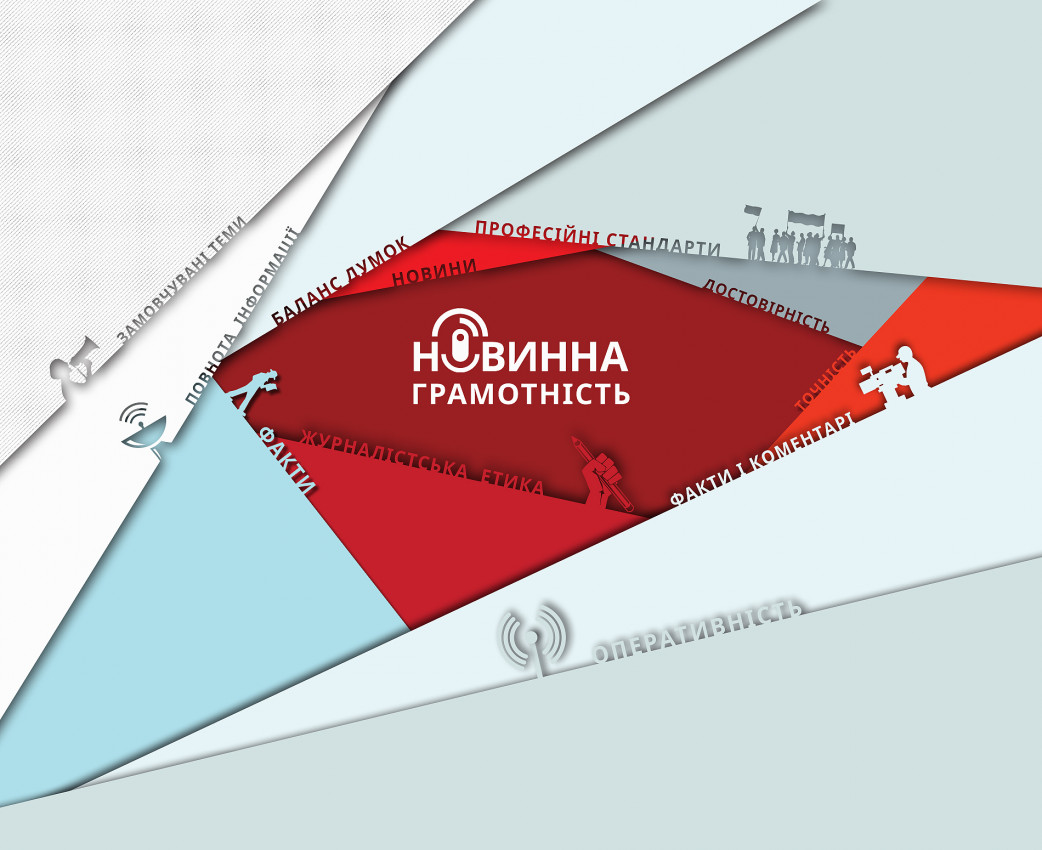
News literacy – an online course aimed at spreading media literacy among the population in the conditions of a military conflict.
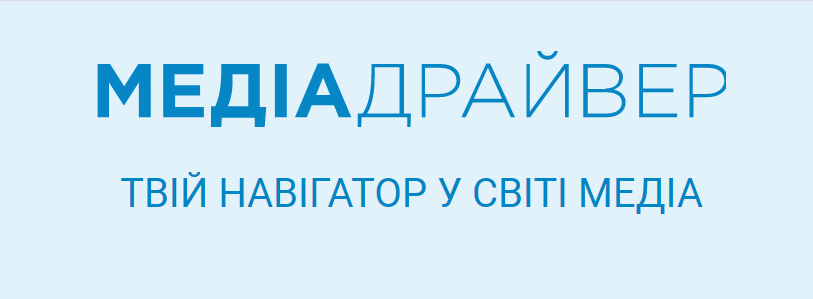
MediaDriver – a multimedia online guide containing textual information, infographics and videos about different types of media that help to learn to navigate complex information mazes.

Trust, but verify. Media literacy in Ukrainian society - a book of the Pictoric Illustrators Club project, containing illustrations and texts by journalists on the topic of media literacy.
Media literacy mission - an online game aimed at testing the ability to escape from harmful informational influences.
Media literacy for citizens - a distance learning course, the purpose of which is to provide basic knowledge in the field of media, to acquaint citizens with the most common types of manipulation and propaganda, to provide basic tools for checking information and critical thinking.
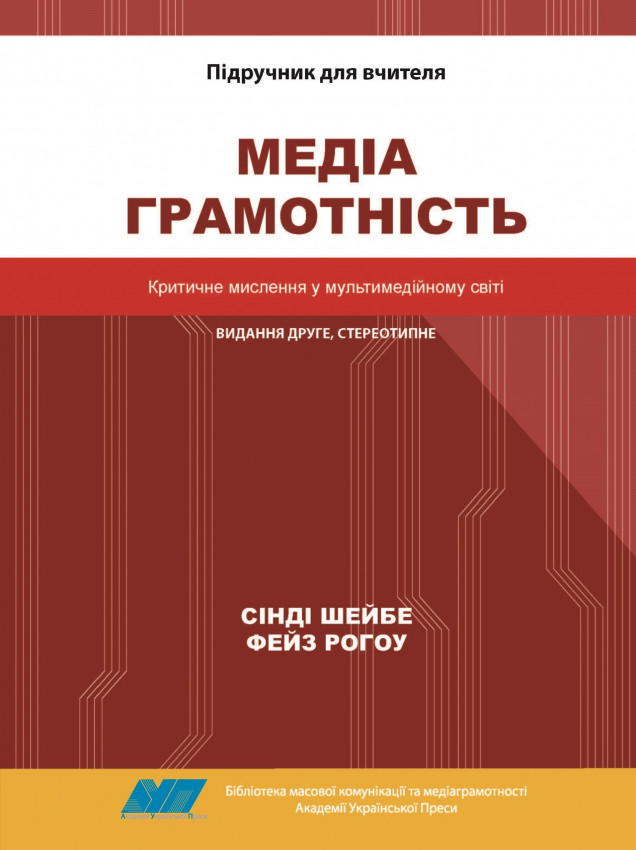
The book "Teacher's Guide to Media Literacy: Critical Thinking in a Multimedia World" (in English). In the US, the National Association for Media Literacy Education (NAMLE) has developed a framework of key questions for analyzing media messages. The organization believes that asking the right questions is at the core of media education and critical thinking in general. In the book, these questions are supplemented and systematized by topic. The full version of the book is available in English and abbreviated version – Ukrainian.
Science of everyday thinking – a course on Prometheus. The Prometheus platform translated into Ukrainian a course for teachers of the University of Queensland (Australia). This course is one of the most popular in the field of developing critical thinking. The duration of the course is 13 weeks, and thanks to the Prometheus platform, you can join it at any time convenient for you. This course gives us the tools to learn to think independently and analytically, to value facts more than our own experience. The course also provides knowledge about mental shortcuts that people sometimes abuse, and teaches how to use this knowledge for better decision-making and more critical thinking.

Library of media literacy from the Academy of the Ukrainian Press. Academy of the Ukrainian Press made a selection of books and presentations on media education and media literacy on her own website. In the library, you can find textbooks on gender equality in the media, data verification, manuals on journalistic ethics and many other interesting materials. In general, everyone can find information about the aspect of media literacy that interests them the most in the library from AUP.
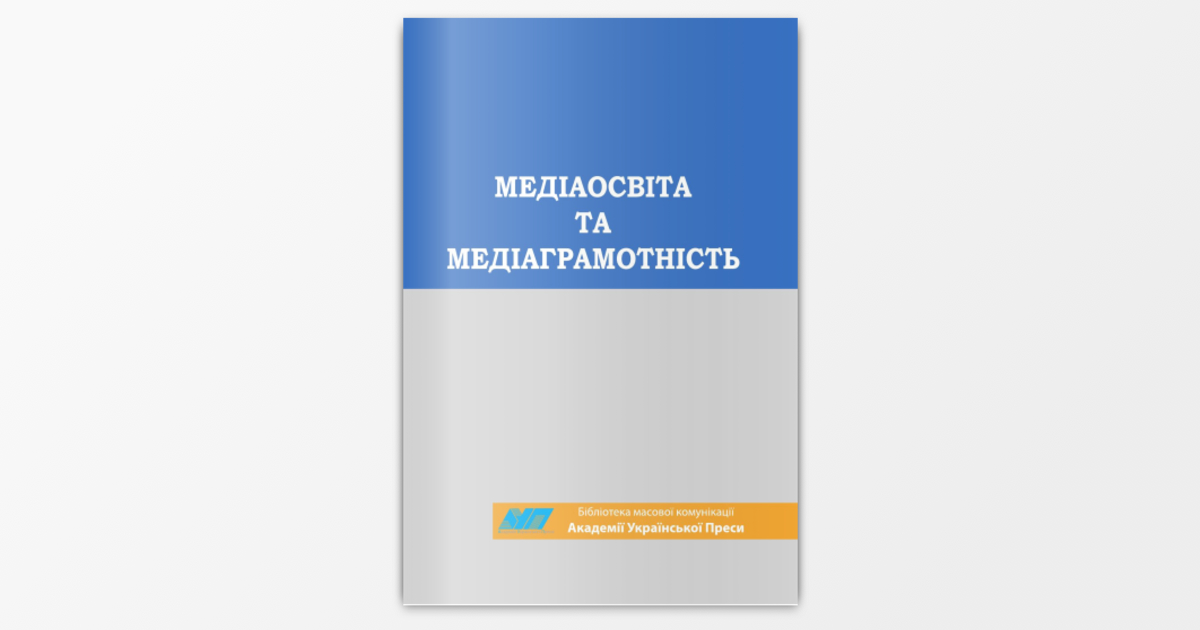
Media education and media literacy. Textbook published by the Academy of the Ukrainian Press. This is a classic textbook for students of higher educational institutions. From it you will learn about the theory of mass communications, how to analyze texts and messages in the mass media, what questions to ask, etc.
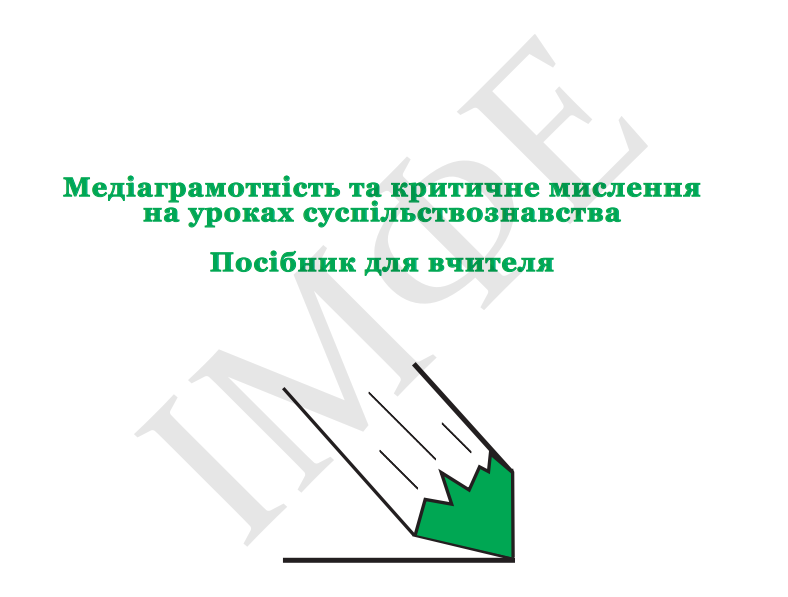
Teacher's guide "Media literacy and critical thinking in social studies classes". The manual embodies the authors' desire to make medical education a part of the educational process in social sciences. This guide is not purely about media literacy, but actually about media literacy as part of social life. Therefore, the interaction of a person with the mass media is considered on a par with other aspects of life (civil society, rights and responsibilities, stereotypes and prejudices, etc.). This manual is a ready-made schedule of social studies lessons, so it will be useful to everyone who organizes educational events in educational institutions.
Below is a list of recommended online resources:
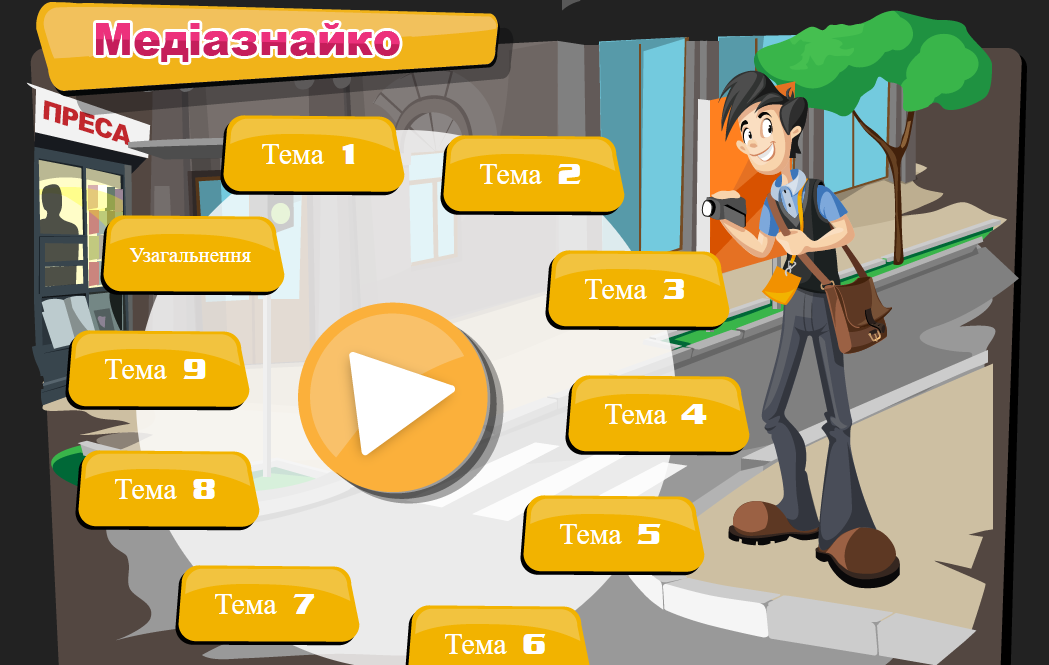
Online game on media education in Ukraine –“Media expert". This game is part of a media literacy course for secondary school students and allows them to learn more about the information / media field.
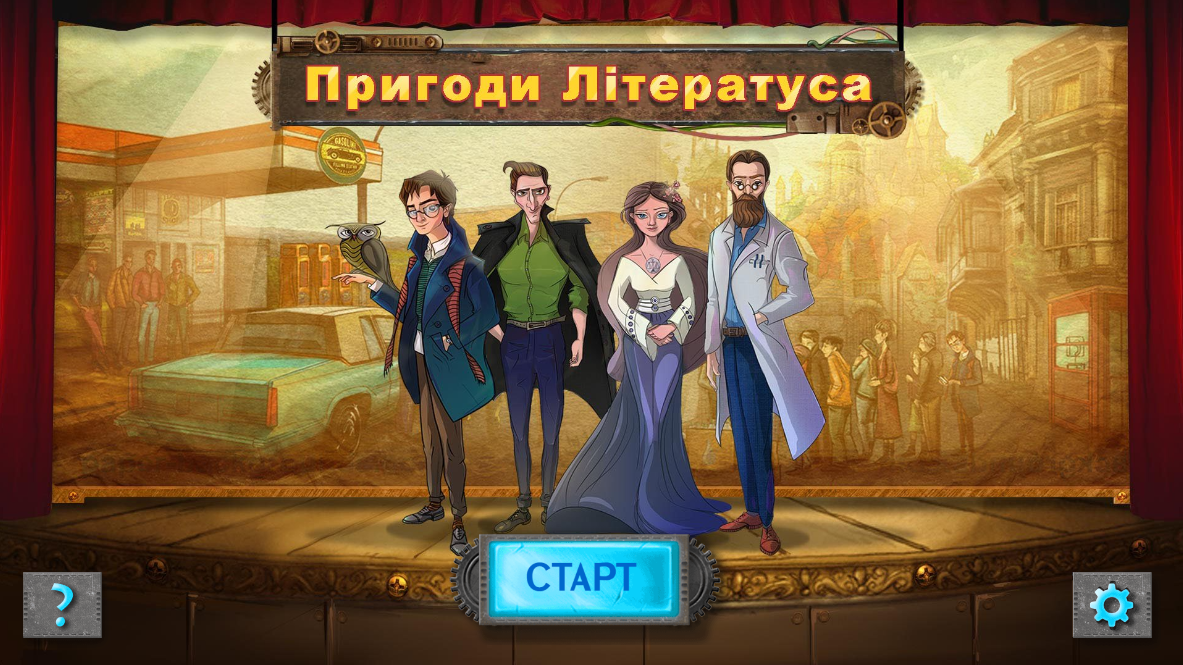
Media-educational game for teenagers -"Adventures of Literatus". In this game, teenagers evaluate the reliability and truthfulness of the information they come across, check it and find the truth.

Media driver- a navigator in the world of media.
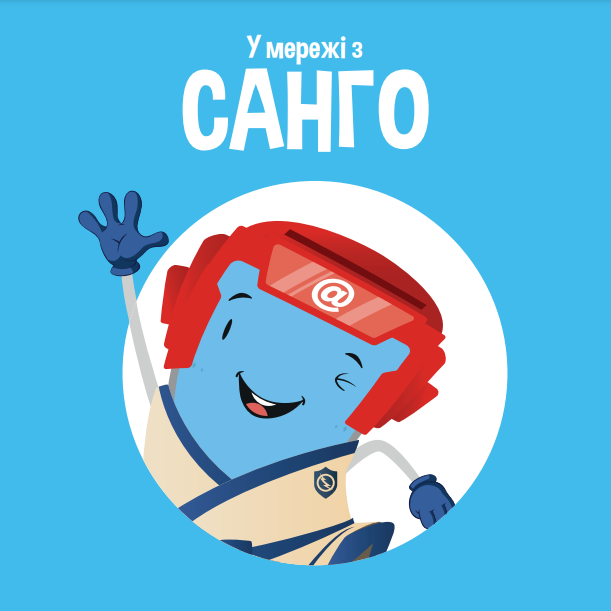
A minibook on the rights and rules of children's safety in the digital environment and a workbook from the International Telecommunication Union "Online with Sango".

Media education and media literacy portal for teachers, on which you can find lesson plans, lesson plans, lecture programs, publications and presentations for teachers.
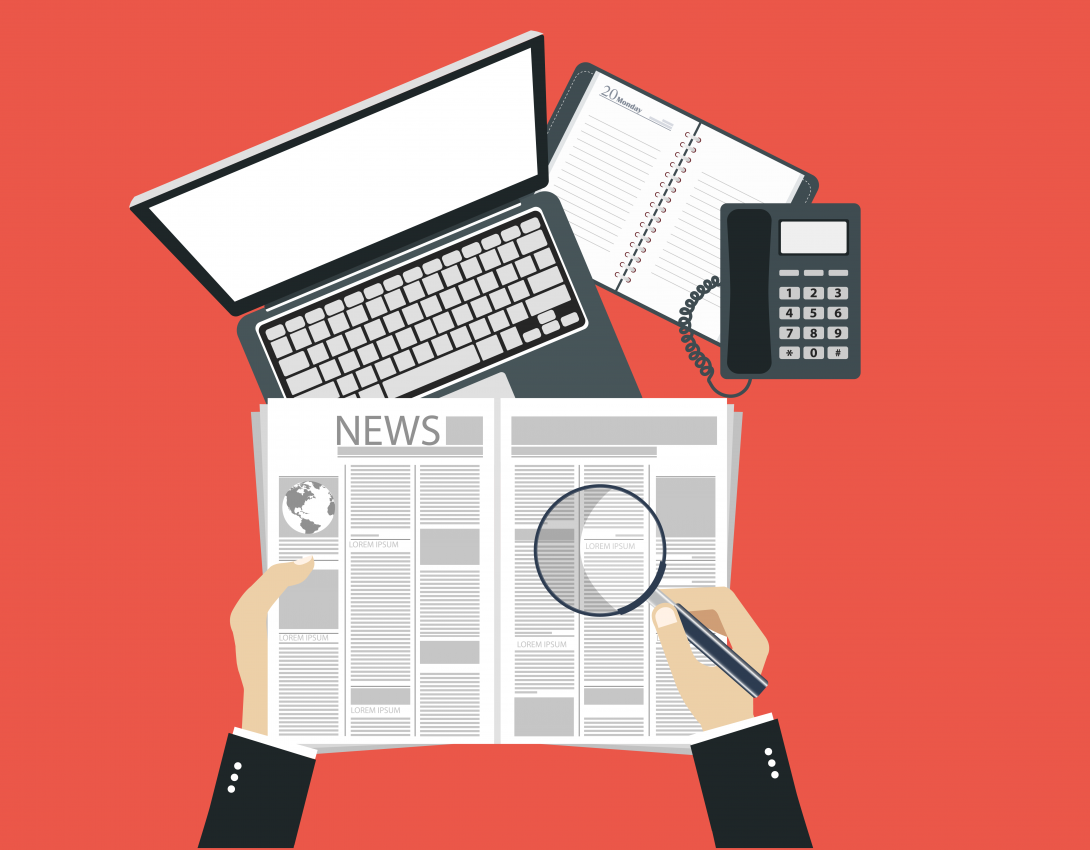
Course "Media literacy for educators"from Prometheus. During this course, teachers will be able to improve their knowledge, in particular, about how the media affects a person, the psychological foundations of media literacy, how to protect children from cyberbullying.
Course "Media literacy for citizens".

Media literacy course for parents, which will help improve knowledge about how to protect a child from fakes and teach them to recognize and think critically.

Manual "Trust, but verify.


